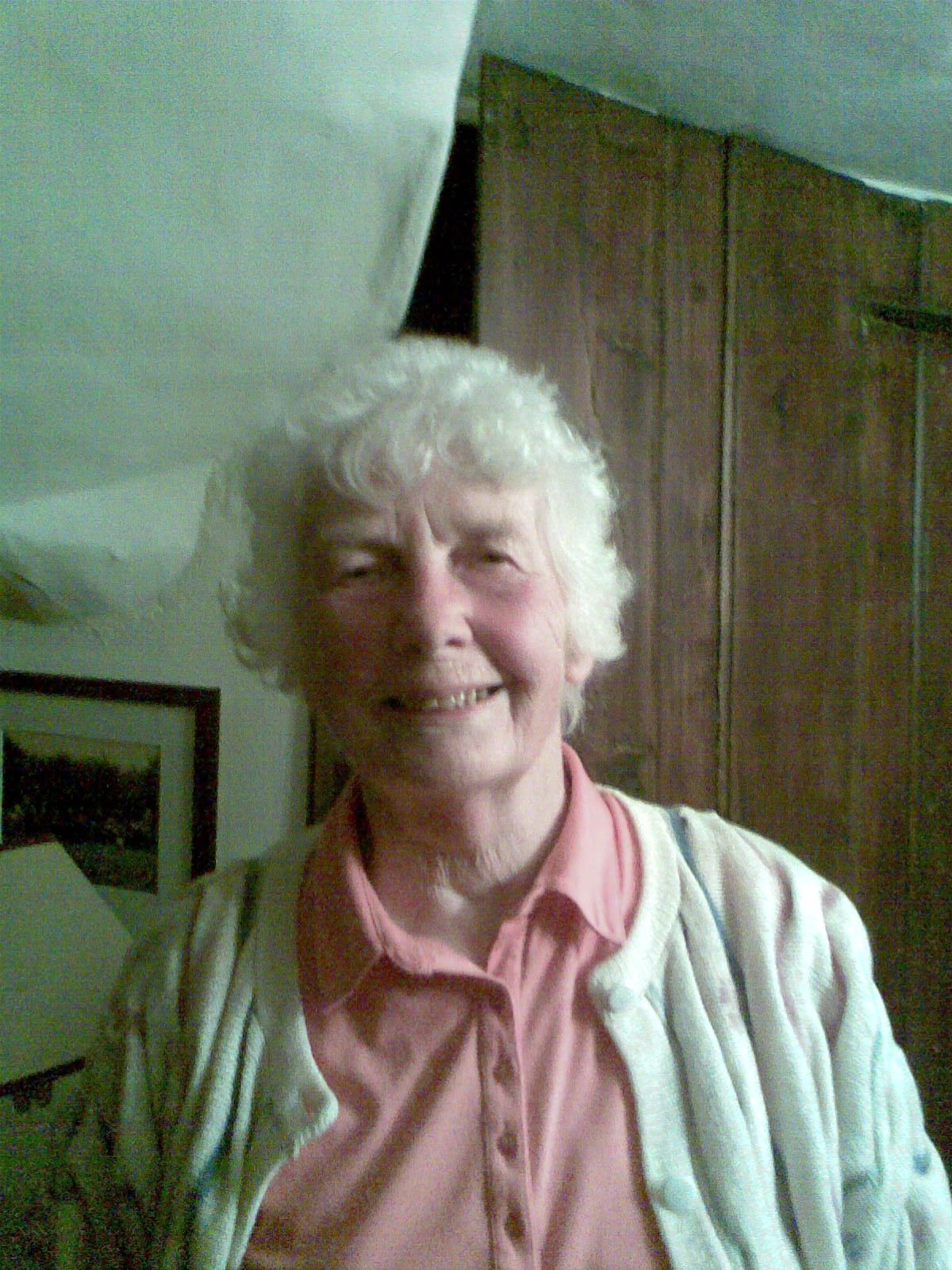Being entirely honest with oneself is a good exercise.
Over time I’ve learned a lot - and still have several mountains of ignorance to climb. When I was a student nurse one of my great fears was what to say to someone if they seemed suicidal. What if I said the “wrong” thing - whatever that might be? What if I pushed them over into committing the act? Over time I’ve learned how helpful it can be to ask the “unaskable” question - in this case to ask “Do you plan to kill yourself?” (As an aside - isn’t that a telling phrase? “Do you want to kill yourself?” Which self are we talking to? The angry self? The depressed self? The vengeful self? But definitions of “selfhood” will have to wait for another blog.) Here I want to think about saying the unsayable in general terms.
We often don’t “say” something to ourselves for fear that we bring it to pass. Or we will be deemed “awful” for thinking or saying something “unspeakable”. One of my favourite biblical quotes comes from Psalm 51:6 where the writer says “Behold, thou desirest truth in the inward parts: and in the hidden part thou shalt make me to know wisdom.” That’s a good definition of therapy. That in therapy and with the therapist’s help, we come to know our hidden selves. Which, like an iceberg, remains mostly hidden. That’s why our dreams are so important. They are, as Freud said, “the royal road to the unconscious.” We can “say” all manner of things in our dreams that we would never allow ourselves to say in public.
So, to return to saying the unsayable. I can think of one patient whose adult child abused both drugs and alcohol and who often threatened suicide, much to my patient’s distress. One day I said “I wonder if part of you wishes he would go ahead. If he killed himself you would be dreadfully sad. But, in time, you would be free from the continual worry.” There was a pause. Then she said “You’re right. It’s a dreadful thing to say, but if he killed himself, I could get on with my life.” She paused and added “I feel terrible even thinking that thought, let alone saying it. But it’s true. A part of me wishes he were dead. Or well again. But this limbo state is dreadful.” We continued to think about her ambivalence towards her son. Her hatred of him as well as her love. It was a major step forward for her to be free to hate as well as love. As Freud put it “Being entirely honest with oneself is a good exercise.” Albeit it is a painful one at times.
If the purpose of psychotherapy is to make conscious the unconscious, then there are going to be times when our task is to say the unsayable. It may not be easy to hear - or to say - but eventually it brings healing.
Don't give up







